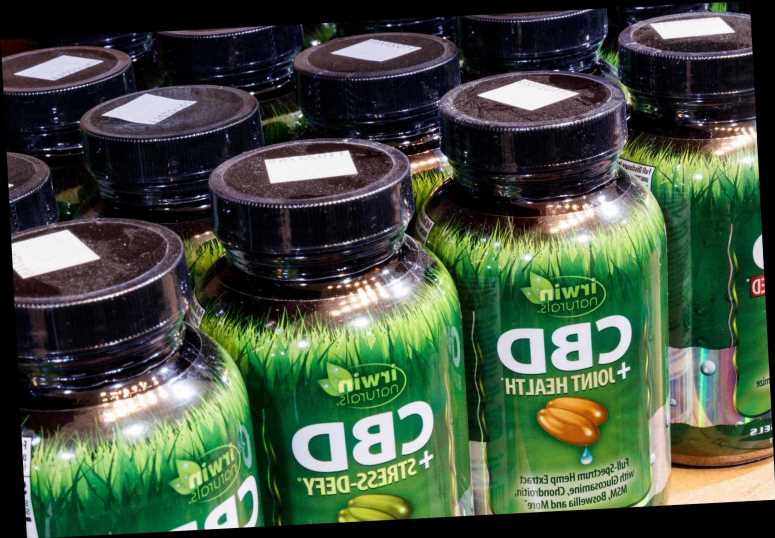FOOD and drink containing cannabidiol (CBD) could be "taken off shelves" next year over fears it could damage people's health.
CBD is a chemical found naturally in cannabis that can be removed and sold as an extract used in a range of foods such as oils, sweets, baked goods, and drinks.

CBD products often claim to promote sleep, boost appetite, reduce stress, anxiety and depression, and to have skincare benefits.
But as this is such a new concept, the Food Standards Agency (FSA) wants to authorise all CBD food and drink products before they can be sold.
It comes amid concerns raised by the government's Committee on Toxicity that eating and drinking these products could have negative health effects.
Another issue is that some of these products may contain controlled drugs such as tetrahydrocannabinol (THC) – the psychoactive component in cannabis that makes users feel "high".
As such, from 31 March next year, only approved products will be allowed to remain on the market.
In the meantime, all CBD-infused products will have to be clearly labelled, safe to eat, and not contain substances that fall under separate drugs rules in order to stay on shelves.
The new rules will take force in England, Wales and Northern Ireland with local authorities responsible for policing businesses.
Scotland has its own separate rules as devised by Food Standards Scotland.
Pregnant women and those on meds 'shouldn't take CBD'
As part of the crackdown, the FSA has also advised that CBD products shouldn't be consumed by those who are pregnant, breastfeeding or taking any medication.
While healthy adults should consume no more than 70mg a day – about 28 drops of 5 per cent CBD – unless under medical orders.
Emily Miles, chief executive of the FSA, said: "CBD products are widely available on the high street but are not properly authorised.
"The CBD industry must provide more information about the safety and contents of these products to the regulator before March 31, 2021, or the products will be taken off the shelves."
Professor Alan Boobis, chair of the Committee on Toxicity, added: "My committee has reviewed the evidence on CBD food products and found evidence there are potential adverse health effects from the consumption of these products.
"We don’t know enough to be sure about such a risk but I am pleased with the sensible and pragmatic approach the FSA is taking."
But the FSA only covers food and drink, so the standards won't cover cosmetics, vapes, products making medicinal claims, or items containing controlled drugs such as THC.
The FSA's rules also won't affect those who take medically prescribed CBD or cannabis.
Medical cannabis became available to patients in the UK on NHS prescription for the first time in 2018.
The reviews followed news of a number of high-profile cases involving children being denied access to cannabis oil to control epileptic seizures.
The cases included those of Billy Caldwell, 12, and Alfie Dingley , six, who both suffer from forms of intractable epilepsy, which appears to be eased by the use of cannabis oil.
Source: Read Full Article
